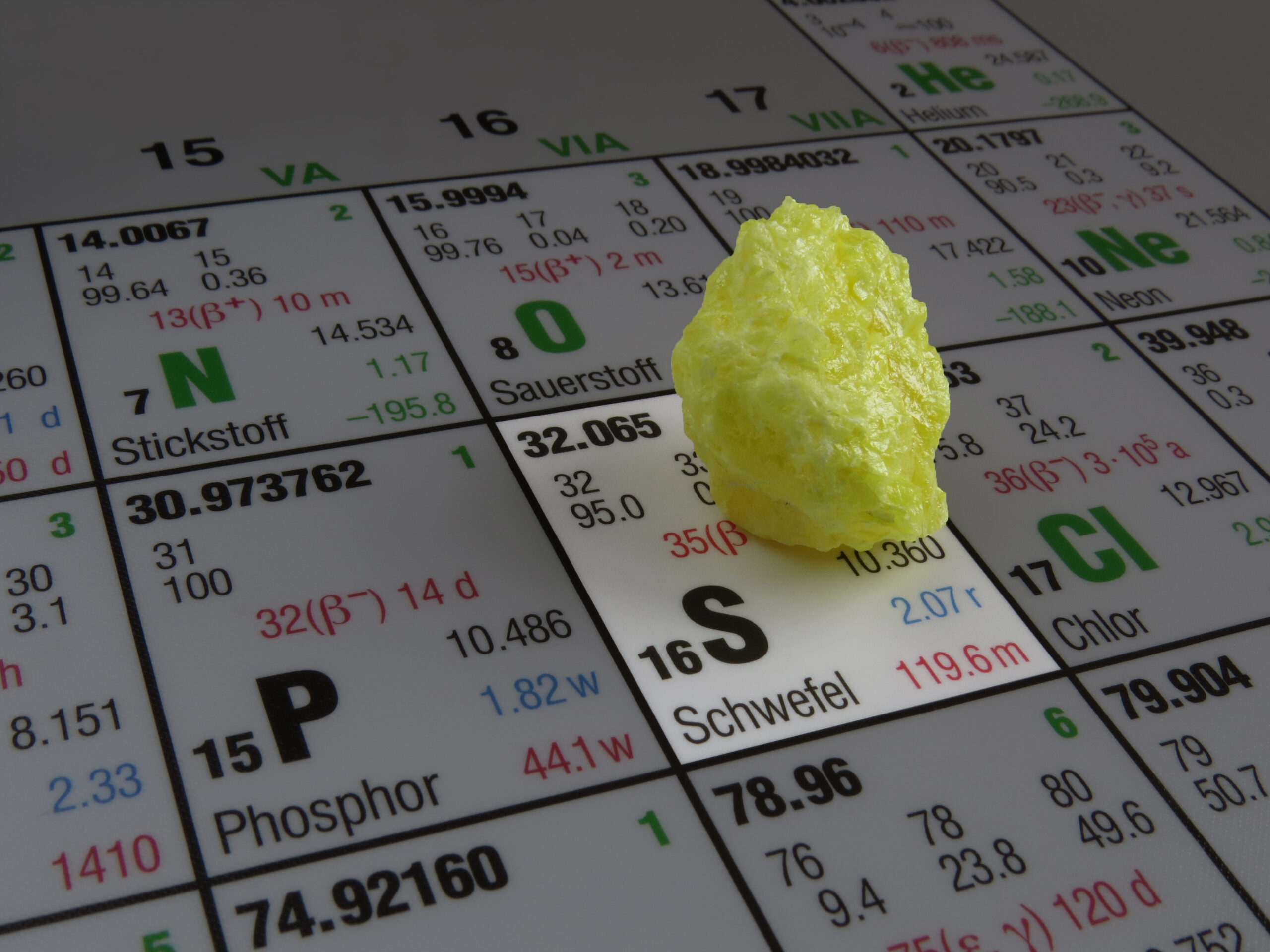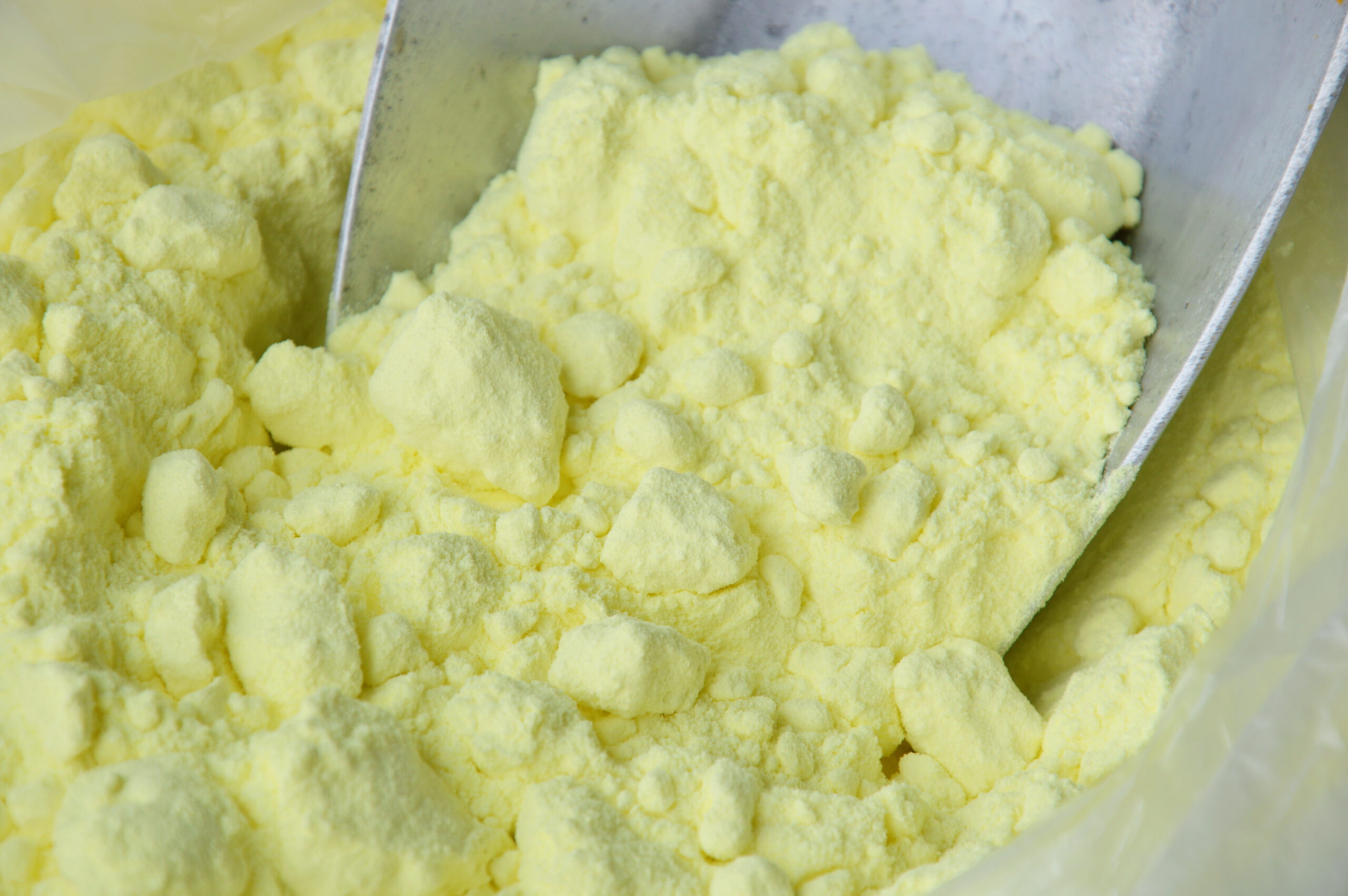Sulphur Recovery & Tail Gas Treating
Consultant/Trainer: Egbert van Hoorn & Frank Oehlschlaeger
Sulphur Recovery & Tail Gas Treating
Environmental regulations are tightening. Refinery efficiency is under pressure. The demand for skilled engineers and operators in Sulphur Recovery and Tail Gas Treating has never been higher. A single misstep in your SRU operations can mean compliance violations, costly shutdowns, or even catastrophic failures.
This course is led by Egbert van Hoorn and Frank Oehlschlaeger, industry veterans with 30+ years of real-world experience in process technology, gas treatment, and emissions control. Their expertise comes from working inside refineries and gas plants, tackling complex operational challenges first-hand. Their insights will give you practical, field-tested strategies that you won’t find in textbooks.
This course is led by Egbert van Hoorn and Frank Oehlschlaeger, industry veterans with 30+ years of real-world experience in process technology, gas treatment, and emissions control. Their expertise comes from working inside refineries and gas plants, tackling complex operational challenges first-hand. Their insights will give you practical, field-tested strategies that you won’t find in textbooks.
Pricing
€2350
Location
Amsterdam, The Netherlands
Dates
16-17 April 2025
About the Trainer
Egbert van Hoorn:Egbert specializes in Amine Treatment, Sour Water Stripping, Sulphur Recovery, Tail Gas Treatment, and Hydro-desulphurisation. He excels in design, modelling, training, coaching, and field troubleshooting.
Frank Oehlschlaeger:Frank has over 28 years of experience in Gas and Liquid Treating and Sulphur Processes. With a Dipl.-Ing. in Chemical Engineering from RWTH Aachen, he is an expert in Amine and Caustic Treatment, Sour Water Stripping, Sulphur Recovery, Tail Gas Treatment, and Adsorption processes. Frank is passionate about sharing his knowledge with younger engineers.
Participants
This course is ideal for professionals such as process engineers, operations engineers, refinery engineers, chemical engineers, environmental engineers, maintenance managers, plant managers, safety engineers, and technical specialists.
As a participant, you gain valuable insights into the design, operation, and troubleshooting of Sulphur Recovery and Tail Gas Treating systems. This course is suitable for both experienced professionals and those who are newer to the field.
As a participant, you gain valuable insights into the design, operation, and troubleshooting of Sulphur Recovery and Tail Gas Treating systems. This course is suitable for both experienced professionals and those who are newer to the field.


Learning Objectives
In the 3-day course, you will explore proven technologies, their pros and cons, and key design considerations.
The 2-day operator training focuses on site-specific technology, best practices, and operations, using DCS screenshots for practical, tailored learning. You can expect to gain a comprehensive understanding of sulphur recovery processes, including the design, operation, and troubleshooting of Sulphur Recovery Units (SRUs).
You will explore various tail gas treating techniques, such as SCOT and Superclaus®, while focusing on operational safety and troubleshooting.
The 2-day operator training focuses on site-specific technology, best practices, and operations, using DCS screenshots for practical, tailored learning. You can expect to gain a comprehensive understanding of sulphur recovery processes, including the design, operation, and troubleshooting of Sulphur Recovery Units (SRUs).
You will explore various tail gas treating techniques, such as SCOT and Superclaus®, while focusing on operational safety and troubleshooting.
Day 1
SRU fundamentals:
Day 2
SRU Operations:
Day 3
Tail Gas Treating and Sulphur processes & storage
For the following processes:
SRU fundamentals:
- Introduction and environmental impact
- Sulphur Recovery fundamentals
- Claus reaction
- Modified Claus process
- Side reactions
- Sour water stripper gas processing
- Oxygen enrichment of process air
- Design variations
- Sulphur Recovery Unit equipment
- General design conditions
- Air blower
- Air and acid gas preheater
- Main combustion chamber
- Waste heat boiler
- Sulphur condenser
- Sulphur lock and sulphur piping
- Process gas reheating (direct and indirect)
- Reactor
- Catalyst
- Sulphur coalescer
- Tail gas incineration
- Thermal incineration
- Catalytic incineration
- Sulphur degassing
- Shell sulphur degassing process
- D’GAASS process
- Catalytic enhanced degassing processes
Day 2
SRU Operations:
- Sulphur Recovery Unit instrumentation and control
- SRU commissioning and start-up
- SRU normal operation
- SRU operation monitoring
- SRU shutdown
- SRU hot and cold standby
- SRU trouble shooting
- SRU performance testing and analytical
- SRU process safety
Day 3
Tail Gas Treating and Sulphur processes & storage
For the following processes:
- SCOT process
- Superclaus® and Euroclaus® process
- Sub-dewpoint processes
- Cansolv®
- WSA process®
- Thiopaq®
- Process Basics
- Process Description
- Equipment
- Operational Aspects
- Advantages/Disadvantages
- Alternative Line-Ups
- Sulphur storage
Programme
Day 1
SRU fundamentals:
Day 2
SRU Operations:
Day 3
Tail Gas Treating and Sulphur processes & storage
For the following processes:
SRU fundamentals:
- Introduction and environmental impact
- Sulphur Recovery fundamentals
- Claus reaction
- Modified Claus process
- Side reactions
- Sour water stripper gas processing
- Oxygen enrichment of process air
- Design variations
- Sulphur Recovery Unit equipment
- General design conditions
- Air blower
- Air and acid gas preheater
- Main combustion chamber
- Waste heat boiler
- Sulphur condenser
- Sulphur lock and sulphur piping
- Process gas reheating (direct and indirect)
- Reactor
- Catalyst
- Sulphur coalescer
- Tail gas incineration
- Thermal incineration
- Catalytic incineration
- Sulphur degassing
- Shell sulphur degassing process
- D’GAASS process
- Catalytic enhanced degassing processes
Day 2
SRU Operations:
- Sulphur Recovery Unit instrumentation and control
- SRU commissioning and start-up
- SRU normal operation
- SRU operation monitoring
- SRU shutdown
- SRU hot and cold standby
- SRU trouble shooting
- SRU performance testing and analytical
- SRU process safety
Day 3
Tail Gas Treating and Sulphur processes & storage
For the following processes:
- SCOT process
- Superclaus® and Euroclaus® process
- Sub-dewpoint processes
- Cansolv®
- WSA process®
- Thiopaq®
- Process Basics
- Process Description
- Equipment
- Operational Aspects
- Advantages/Disadvantages
- Alternative Line-Ups
- Sulphur storage